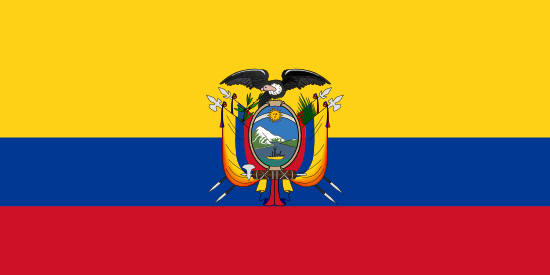
Health Insurance in Ecuador, America
Information expatriation
Capital City: Quito
Total area: 283,561 km2
Population: 13,341,000
Money: Currency Converter
Time Zone: List of time zones by country
Calling Code: +593 XXX
Practical Information:
Health Product: Travel Insurance and Health insurance
Health Insurance information and Sanitary Risk: World Health Map
BLOG : Expat Health insurance Information
Here is a brief description of the healthcare system in the country:
· Ecuador has a publicly funded universal healthcare system called the Seguro Social Campesino e Indígena (SSCI). It aims to provide coverage for all citizens and legal residents.
· Primary care is the main entry point through public clinics and health centers. Care includes checkups, basic treatments and referrals to specialists.
· Larger public hospitals provide inpatient and outpatient secondary and tertiary care in major cities. Quality varies between urban and rural facilities.
· Private health insurance and clinics also exist as an alternative for those who can afford supplemental coverage or prefer private care.
· Coverage includes consultations, medications, emergency transport and acute inpatient care. However, funding is limited and quality uneven nationwide.
· Major health challenges include non-communicable diseases, maternal/child mortality in remote areas, chronic diseases and traffic fatalities.
· Ecuador has a well-developed network of medical facilities and providers, but shortages of resources, specialists and equipment remain issues in parts of the public system.
Here are some key health considerations for expatriates living in the country:
· Purchase comprehensive international private health insurance to supplement any public coverage gaps or opt for private local insurance/care.
· Register with a public healthcare center near your address within 90 days for access to the SSCI system, but it has resource limitations.
· Carry extra supplies of any regular medications as availability varies, especially in rural areas. Bring prescription copies.
· Learn basic medical Spanish phrases and understand any insurance paperwork which will likely be in Spanish only.
· Take precautions against altitude sickness if visiting the Andes, mosquito-borne infections, food/water safety in rural areas.
· Road safety is an issue -traffic accidents are a leading cause of injuries/fatalities.
· Air quality concerns exist in major cities. Those with respiratory issues should monitor advisories.
· Mental healthcare may not be sensitive to diverse needs. Consider international therapy options if required long-term.
